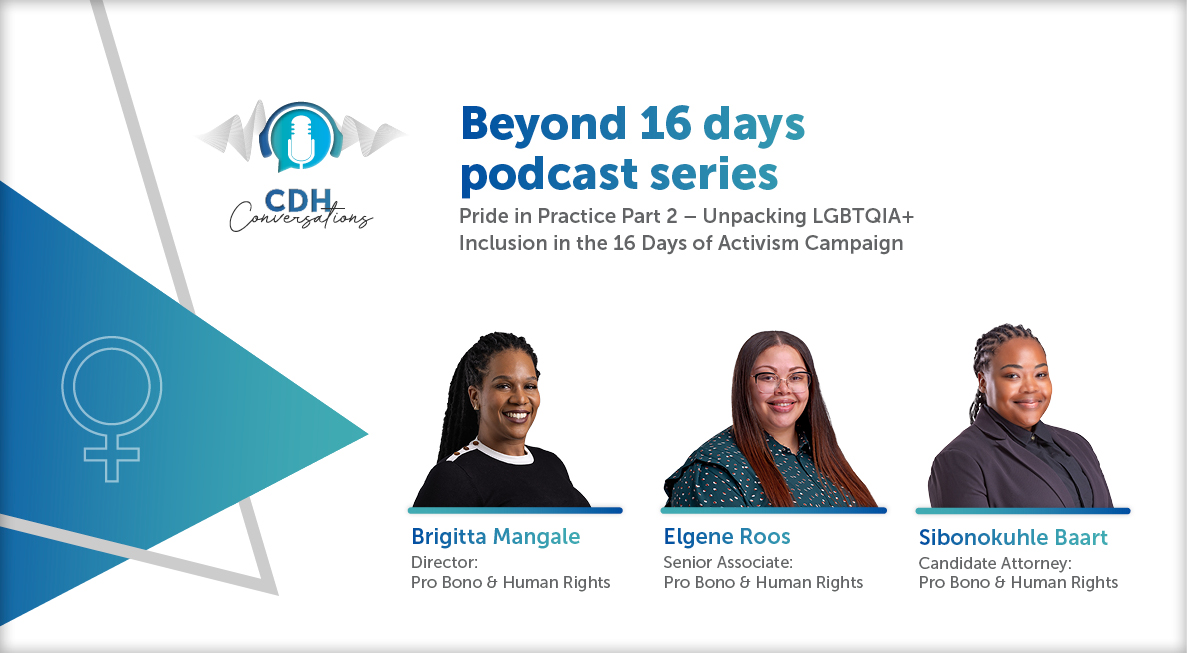Be careful about what you put out there: Public information is not private
At a glance
- The Supreme Court of Appeal (SCA) ruled that personal information loses its privacy once it is released to the public by the owner, highlighting that the right to privacy does not always limit the right to freedom of expression.
- The case involved a wildlife conservationist, Bool Smuts, who published photos and comments on Facebook about dead animals on Herman Botha's farm, criticizing Botha's practices.
- The SCA found that Botha's personal information, such as his farm's name and his identity, was already in the public domain, and therefore, he had no legitimate expectation of privacy regarding that information. The court emphasized the importance of public interest in matters of animal treatment and the right to freedom of expression.
Background
The appellant, Bool Smuts, a wildlife conservationist and activist, published photographs of dead animals trapped on Herman Botha’s farm on the Landmark Leopard & Predator Project - South Africa
The caption of the Facebook post read as follows:
- “While we spend our efforts trying to promote ecologically acceptable practices on livestock farms to promote ecological integrity and regeneration, we are inundated by reports of contrarian practices that are unethical, barbaric and utterly ruinous to biodiversity.
- These images are from a farm near Alicedale in the Eastern Cape owned by Mr Herman Botha of Port Elizabeth, who is involved in the insurance industry. The farm is Varsfontein.
- This is utterly vile. It is ecologically ruinous. Mr Botha claims to have permits to do this – see the WhatsApp conversation with him attached.
- The images show a trap to capture baboons (they climb through the drum to get access to the oranges – often poisoned – and then cannot get out). See the porcupine in traps too. Utterly unethical, cruel and barbaric.”
- Smuts had also included a photograph of Botha holding his six-month-old daughter along with a Google search of Botha’s business and home addresses and telephone numbers.
Naturally, the post attracted much reprisal from members of the public who shared Smuts’ sentiments, with users suggesting that Botha “should be in that cage” and that he should be “paid a visit”. One person suggested that Botha’s business should be boycotted and a campaign launched to name and shame him and his insurance brokerage business.
Botha instituted an urgent application in the High Court of the Eastern Cape Division, Port Elizabeth (the High Court) for an interim interdict prohibiting Smuts and Landmark Leopard (collectively, the appellants) from publishing defamatory statements about him. Botha was successful in the High Court and Smuts and Landmark Leopard (the appelants) were ordered to remove the photographs of Botha and certain portions of the Facebook post that referred to Botha, his business, its location and the name of Botha’s farm. The appellants were also prohibited from publishing further posts making reference to Botha, his family and his business. The photograph of Botha and his daughter was removed by Smuts before the interim order was granted.
The High Court concluded that although Smuts and Landmark Leopard were entitled to publish the photographs of the lifeless animals and to comment on them, they were not entitled to publish the fact that the photographs were taken on a farm belonging to Botha.
The High Court further held that the name of the farm and Botha’s identity constituted personal information protected by his right to privacy. The court adopted an approach that the public interest lay in the topic and not in Botha’s personal information.
The SCA’s decision
In its judgment, dated 10 January 2022, the SCA upheld the appellants’ appeal and set aside the order of the High Court.
The issue at the centre of the appeal was whether the publication of the Facebook posts by Smuts was protected by the right to freedom of expression.
Conflicting interests
The SCA held that both the rights to privacy and freedom of speech are cardinal to the protection of human dignity and the promotion of a democratic society. However, neither of these rights are absolute.
The SCA referred to Bernstein and Others v Bester NO and Others [1996] (2) SA 751 (CC), in which the Constitutional Court (CC) held that the scope of privacy extended “to those aspects in regard to which a legitimate expectation of privacy can be harboured”. The CC held that a legitimate expectation of privacy has two component parts – (i) a subjective expectation of privacy that is (ii) recognised by society as objectively reasonable.
The SCA concluded that the High Court erred in three respects:
“Firstly, it disregarded the content of Mr Smuts’ post and focused on the response by members of the public. This approach, has far-reaching implications on activists like Mr Smuts because it stifles the debate and censors the activists’ rights to disseminate information to the public. In so doing, it denies citizens the right to receive information and a platform for the exchange of ideas, which is crucial to the development of a democratic culture. Secondly, it interferes with the right of freedom of expression and activism and fails to strike a proper balance between personal information and the right to privacy. Thirdly, it failed to recognise that publicising the truth about Mr Botha’s animal trapping activities, to which the public have access and interest, does not trump his right of privacy.”
While Botha argued that the Facebook posts violated his right to privacy by disclosing his identity, family, home address and business address, all this information was already in the public domain – some of which he had published online himself. As such, it could not be said that he had any legitimate expectation of privacy – at least not in relation to the published information. No effort had been made by Botha to keep this information or his animal trapping activities private. The SCA stated that the public interest in the treatment of animals apart from the lawfulness of the trapping must accordingly enjoy protection over Botha’s personal information. To give context to this matter, the issue relates to the ethics, cruelty and vile treatment of the animals. Apart from the unlawfulness, the public has a right to know about the activities of Botha’s business that directly impact animals.
The SCA further held that the comments expressed in the Facebook post constituted fair comment that was in the public interest and best publicised rather than being oppressed. Smuts had a right to expose what he considered to be the cruel and inhumane treatment of animals at Botha’s farm. So too did the public have a right to be informed of the humane or inhumane treatment of animals at the farm.
The SCA emphasised that “it is in the public interest that divergent views be aired in public and subjected to scrutiny and debate”. It is not for courts to censor or sanitise the manner in which people may express themselves on public interest matters. Considering that the information was true and never denied nor hidden by Botha, the test was not whether Smuts could have posted more cautiously, but rather whether Botha had any claim to privacy in respect of the information posted. In light of the circumstances, Botha’s claim was weak.
Conclusion
Any voluntary disclosure of private information of the owner in the public domain undermines any legitimate expectation of privacy. An individual’s claim to privacy weighs more heavily where the details sought to be kept private are indeed private and have been kept from others by the relevant owner.
Privacy is thus exercised first by oneself, then by others.
The information and material published on this website is provided for general purposes only and does not constitute legal advice. We make every effort to ensure that the content is updated regularly and to offer the most current and accurate information. Please consult one of our lawyers on any specific legal problem or matter. We accept no responsibility for any loss or damage, whether direct or consequential, which may arise from reliance on the information contained in these pages. Please refer to our full terms and conditions. Copyright © 2026 Cliffe Dekker Hofmeyr. All rights reserved. For permission to reproduce an article or publication, please contact us cliffedekkerhofmeyr@cdhlegal.com.
Subscribe
We support our clients’ strategic and operational needs by offering innovative, integrated and high quality thought leadership. To stay up to date on the latest legal developments that may potentially impact your business, subscribe to our alerts, seminar and webinar invitations.
Subscribe




